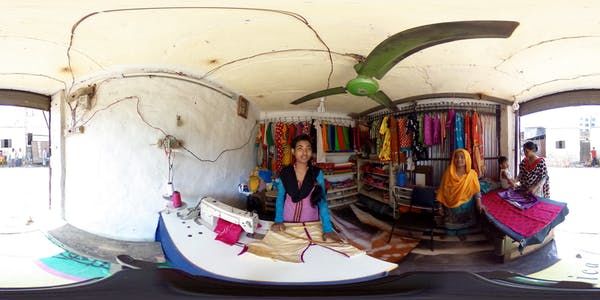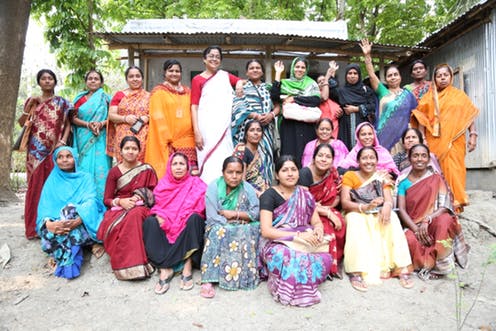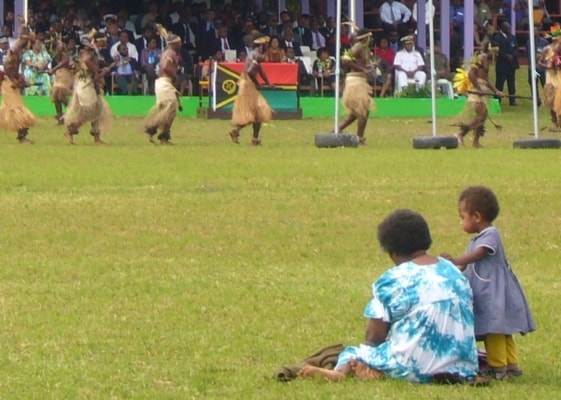Guest post in The Conversation
While development programming is increasingly politically savvy, and women and girls are high on the agenda, it’s bizarre how often gender is overlooked as one of the key determinants of who gets what in the world.
In our research we’ve been looking at what happens when gender analysis is placed more squarely at the heart of governance work. For example, can it improve our ability to understand how change happens?
There is a growing movement to do development differently by working in more politically informed ways in order to deal with the world as it is, and not as we’d like it to be.
That means asking who gets to set the rules, who has power and who is excluded. It means thinking about how social groups mobilise and how coalitions of civil society organisations, for example, successfully achieve the change they seek. This is how governance really works.
Meanwhile, advocating for women and girls within development is pretty popular right now. The UK women and equalities minister, Justine Greening, stated last International Women’s Day that “the world cannot wait for women’s empowerment”, while Australia’s minister for women’s affairs, Julie Bishop, pledged to put gender equality and women’s empowerment at the heart the country’s aid and trade strategies. Similarly, the folks at Davos, the World Bank and World Economic Forum are all putting gender on their agendas. Recently, even the Economist magazine has been waxing lyrical about gender budgeting.
While this is all great news, development programming often has a tendency to be either politically informed or gender sensitive, rather than doing both.
Attempts to address gender-based violence in India, for example, run up against powerful laws. If you are seeking to reform the rules on owning land in a developing country, you need to consider whether women fear making a claim for their land rights because of the threat of social sanctions and backlash from their husbands.
Meanwhile in Tonga, women’s groups have had a hard time getting their government to sign up to the UN Convention on the Elimination of all Forms of Discrimination Against Women. If your central focus is women’s empowerment, you need to work politically and get your opponents on side to avoid backlash from those who disagree with you. For example, in Tonga, a lack of political consensus resulted in major public demonstrations led by religious leaders.
We’ve recently been conducting a review of multiple programmes that succeed in placing gender at the heart of their analysis, at the same time as taking politically informed approaches. The results suggest that doing both at once contributes to a programme’s overall effectiveness, not just better results for women and girls.
In Bangladesh, a project involving some of the world’s largest ready-made garment producers and retailers sought to reduce friction among factory workers by making sure they had both men and women as supervisors, which helped strengthen communication with female workers. The programme also helped challenge gender norms by making new career paths explicit for women.

Women tailors in Bangladesh. DFID, CC BY.
Thinking and working politically challenges the idea that there is a Western blueprint of laws, courts, parliamentary systems, and so on that can bring security and prosperity to developing countries. It strikes out against the idea that outside actors can just rock up and unpack a development plan, IKEA-style. Unsurprisingly, when this has been tried, existing entrenched ways of doing things win out. The people who already have power circumvent the rules and undermine reforms. Thinking about gender on top of this might sound like extra effort, but it might also make development work better for everyone.











